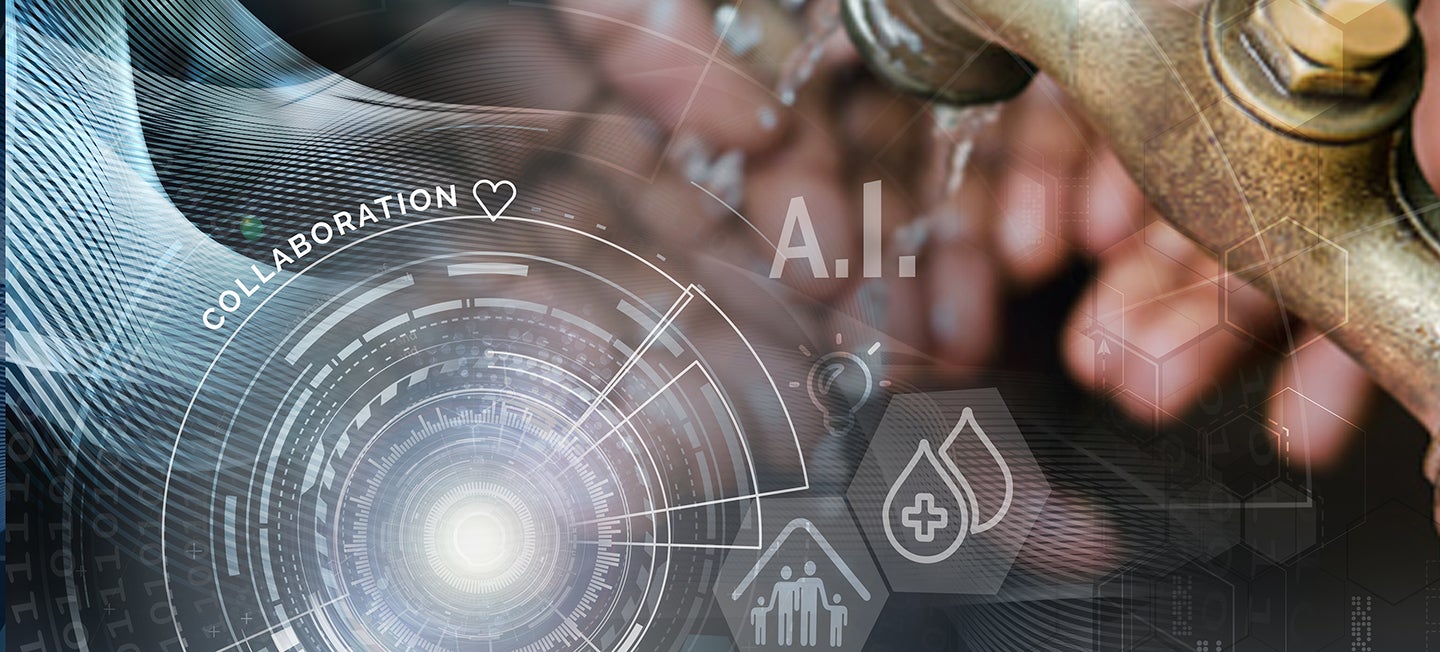- Sean McGregor, Technical Manager, XPRIZE Foundation and PhD Candidate, Oregon State University
- Highlight 1: ...AI research making us better stewards of life on Earth.
- Highlight 2: Instead of protecting a few charismatic species, we are learning to protect entire ecosystems.
Artificial Intelligence (AI) does more than make our technology smarter, it also protects the planet. Consider the work of researchers in the field of Computational Sustainability-- a field of AI research making us better stewards of life on Earth. Despite being a relatively new research field, Computational Sustainability has already helped fight wildlife poaching, reduce greenhouse gas emissions, understand poverty, manage wildlife populations, and protect biodiversity. Each of these contributions address one of the United Nations Sustainable Development Goals (SDGs). The collected progress of AI is addressing all SDGs, but I will highlight three specific cases.
SDG: Climate Action
A core tenant of Computational Sustainability is balancing the environmental, economic, and societal needs for a sustainable future. Nowhere is the need for balance more apparent than in making energy production decisions. Renewable energy can reduce greenhouse gas emissions and protect us from climate change, but renewables like wind power cannot increase output whenever consumers increase their electricity demands. How can we rely on wind power if we cannot choose when the wind blows? Computational Sustainability researchers solve the problem by predicting everything from wind speeds to squirrel interference in power distribution. With these improved predictions, it is possible to idle dirty power plants without risking shortfalls in power generation.
SDG: Life on Land
Protecting wildlife often requires governments to acquire land for wildlife protection, but budgets for land purchases are small compared to the number of wildlife extinctions. To make small budgets for wildlife conservation save more species, researchers from five institutions showed how to select lands for purchase that simultaneously protect multiple threatened species. Instead of protecting a few charismatic species, we are learning to protect entire ecosystems.
SDG: Life Underwater
Protecting multiple species requires knowing how those species inhabit an environment, but we know very little about the life and environment of our oceans. With the help of autonomous robots, we will soon be able to survey the entire ocean floor for a fraction of the current expected cost.
Despite these successes, the number of researchers solving global problems with AI is still relatively small. The benefits of Computational Sustainability are widespread, but the costs are concentrated. Without concerted government support to build on the work of Computational Sustainability, we will not see the many of the public goods made possible by AI.
Sean serves as Technical Manager for the IBM Watson AI XPRIZE. His background is in Machine Learning, with a research focus on the optimization, testing, and interpretation of reinforcement learning policies. His dissertation, advised by Dr. Thomas Dietterich, gives the first successful optimization of forest wildfire suppression decisions for century time spans.
Outside his graduate studies, Sean founded and developed the Privly Foundation, a US non-profit dedicated to online privacy education. Its best known project is the development of a set of browser extensions and privacy applications for privately sharing content through webmail and social networks.
Between his research and non-profit work, Sean has spoken during the conferences and workshops of NIPS, RLDM, AAAI, OSCON, VL/HCC, CompSustNet, OpenSourceBridge, and TA3M.
Sean's Computer Science PhD defense is on June 16th. He currently holds a Bachelor of Arts in Environment, Economics, and Politics from Claremont McKenna College.
